The world's open waters – vast, untamed, and endlessly captivating – have long held humanity in their thrall. These liquid expanses, covering over 70% of our planet's surface, represent both frontier and familiar, offering sustenance and challenge in equal measure. From the rhythmic lapping of lakeside waves to the crashing fury of oceanic storms, open waters shape civilizations while remaining stubbornly resistant to human control.
Mariners have navigated open waters for millennia, yet these environments continue to surprise even the most experienced sailors. The interplay between wind, current, and tide creates dynamic systems that defy perfect prediction. Modern technology has certainly improved our understanding, but the sea retains its essential mystery. Fishermen working traditional grounds will tell you that each day brings new conditions, requiring constant adaptation of techniques honed through generations.
Recreational use of open waters has exploded in recent decades. What was once purely utilitarian – transportation and food gathering – has transformed into a global playground. Open water swimming events now draw thousands of participants to challenge themselves against nature's raw power. Sailors no longer just work the waters but race across them in increasingly sophisticated vessels. This shift from survival to sport represents one of the most significant changes in humanity's relationship with aquatic environments.
Environmental pressures on open waters have reached critical levels. Plastic pollution forms floating garbage patches in ocean gyres, while agricultural runoff creates dead zones where nothing can survive. Overfishing disrupts food chains that took millennia to establish. Yet within these challenges lies perhaps the greatest opportunity – the chance to fundamentally rethink how we interact with these vital ecosystems. Conservation efforts are showing promising results in some regions, proving that damage can be reversed with sustained effort.
The scientific community continues making startling discoveries about open water ecosystems. Recent explorations reveal species adapted to extreme pressures in deep ocean trenches, while microscopic plankton are found to play outsized roles in global climate regulation. Each discovery underscores how much we have yet to learn about these liquid realms. Research vessels now employ technology that would seem like science fiction just decades ago – autonomous underwater drones, advanced sonar mapping systems, and genetic sampling tools that can identify species from mere traces of DNA.
Cultural connections to open waters run deep in coastal communities worldwide. Traditional knowledge about tides, fish migrations, and weather patterns gets passed down through stories and songs. This oral encyclopedia often contains insights that modern science later verifies. The water shapes language itself – consider how many English idioms derive from sailing terms. This cultural dimension reminds us that open waters aren't just physical spaces but psychological and spiritual ones as well.
Climate change alters open waters in ways we're only beginning to comprehend. Rising sea levels threaten island nations, while shifting currents disrupt established weather patterns. Ocean acidification from absorbed carbon dioxide jeopardizes shell-forming creatures at the base of the food web. Yet the same waters that suffer these impacts also offer potential solutions – offshore wind farms, wave energy converters, and algae-based carbon capture systems all harness the power of open waters to address environmental crises.
The future of open water management will require unprecedented international cooperation. Waters know no borders, and fish pay no attention to human-drawn boundaries. Effective stewardship demands that nations work together, sharing data and coordinating policies. Some promising frameworks have emerged, but the scale of the challenge dwarfs current efforts. Success will depend on finding the delicate balance between utilization and preservation, between meeting human needs and maintaining ecological integrity.
Technological innovation continues to transform how we interact with open waters. Satellite monitoring tracks everything from illegal fishing to coral bleaching in real time. Advanced materials allow for deeper and longer underwater exploration. Artificial intelligence helps analyze the immense data streams coming from sensor networks. These tools create possibilities that would have seemed impossible a generation ago – predicting algal blooms before they form, tracking individual fish across ocean basins, or modeling how proposed policies might affect entire marine ecosystems.
At its heart, humanity's relationship with open waters remains fundamentally paradoxical. We depend on these environments for survival while often treating them carelessly. They frighten us with their power even as they draw us in with their beauty. This tension has existed since the first humans pushed off from shore in hollowed logs, and it will continue as we develop ever more sophisticated ways to explore and utilize aquatic environments. The open waters give life to our planet – the question is whether we can return the favor.
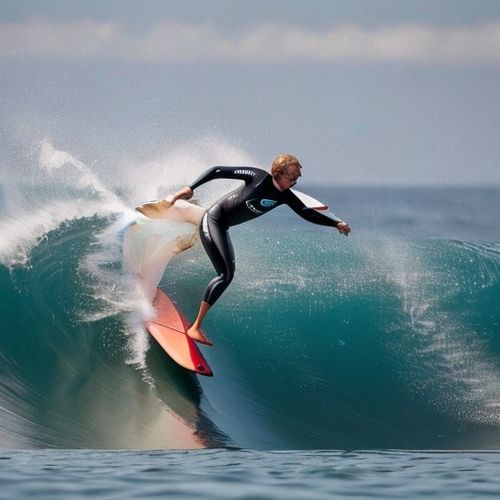
By Eric Ward/May 8, 2025

By Lily Simpson/May 8, 2025

By Jessica Lee/May 8, 2025
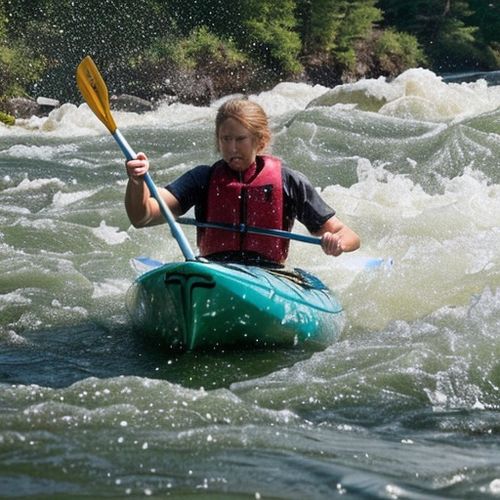
By Grace Cox/May 8, 2025

By Emily Johnson/May 8, 2025

By Rebecca Stewart/May 8, 2025

By George Bailey/May 8, 2025
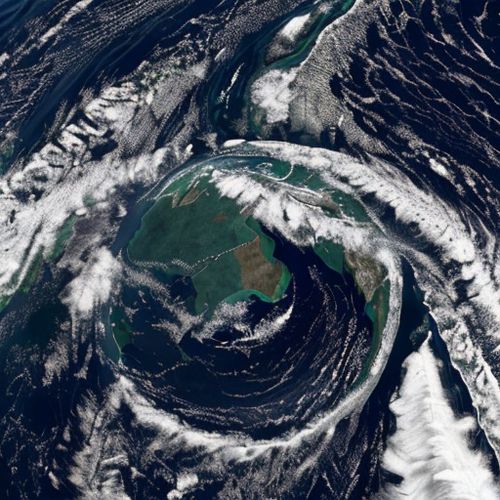
By Sophia Lewis/May 8, 2025
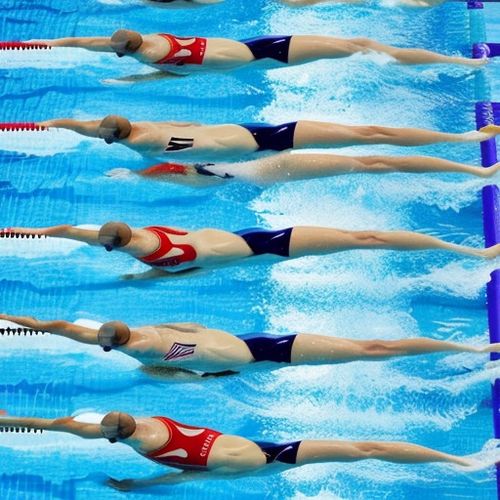
By George Bailey/May 8, 2025
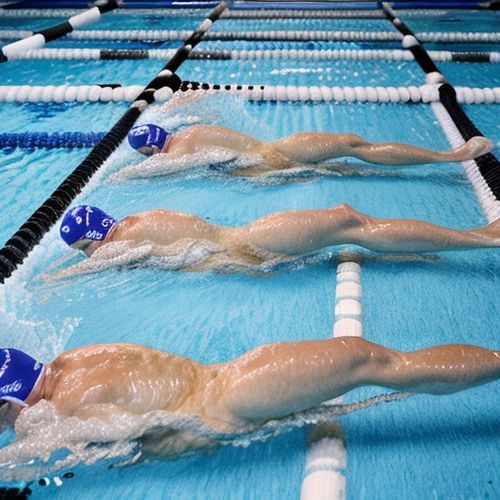
By Eric Ward/May 8, 2025

By James Moore/May 8, 2025
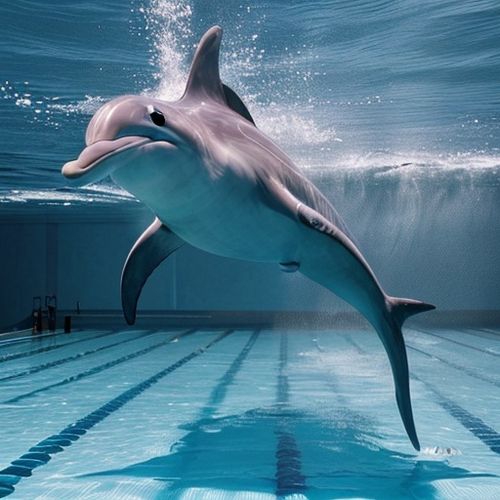
By Thomas Roberts/May 8, 2025

By Victoria Gonzalez/May 8, 2025

By Samuel Cooper/May 8, 2025

By David Anderson/May 8, 2025

By Joshua Howard/May 8, 2025
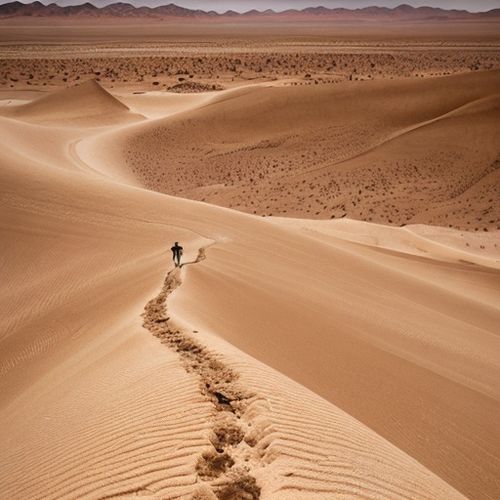
By Michael Brown/May 8, 2025

By Elizabeth Taylor/May 8, 2025

By Benjamin Evans/May 8, 2025

By Noah Bell/May 8, 2025